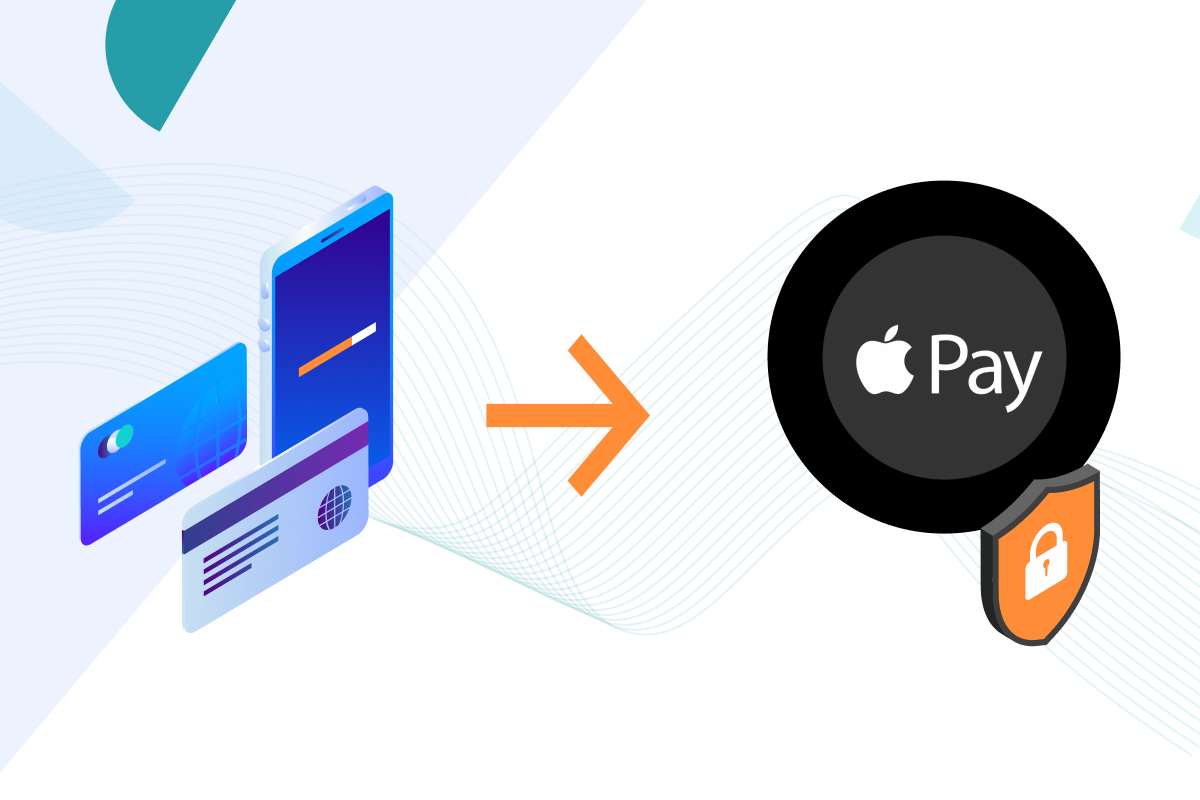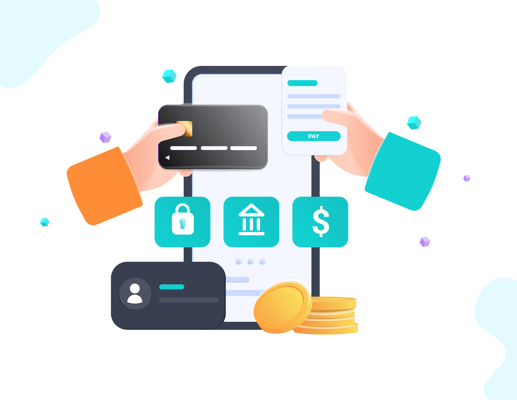Recently, Visa announced significant enhancements to network tokens, specifically affecting Apple Pay standing instruction transactions. This comprehensive guide will walk you through the details of these changes, their impact on existing practices, and how to optimize your merchant-initiated transactions (MITs) with the latest Apple Pay token updates.
Starting July 2025, Apple Pay Device Tokens issued after this date will no longer be compatible with Standing Instruction Transaction use cases. Standing Instruction scenarios, such as recurring payments, installments, and unscheduled credentials on file token usages, will be affected.
Non-compliance will have significant ramifications, as failure to update your system by this deadline will result in tokens from Apple Pay becoming unusable for Standing Instruction use cases.
Post- implementation, Apple Pay Device Tokens won't function for Standing Instruction transactions. If you miss this deadline, your Apple Pay tokens might pose challenges for Standing Instruction use cases.
It's a deadline you wouldn't want to miss.
The impact is broad, affecting all Standing Instruction transactions. Think recurring payments, installments, and unscheduled credential on file scenarios. If your business relies on these transactions, it's time to gear up for changes in your Apple Pay operations.
However, Apple has responded proactively by rolling out a new recurring token type tailored for Standing Instruction MITs.
This shift comes with perks – unlike the old tokens tied to specific devices, these new recurring tokens stick around longer, even when customers upgrade their gadgets.
It's not a major overhaul, just a tweak in your Apple Pay setup.
Previously, when consumers upgraded their devices, the payment token within became obsolete. The new recurring tokens ensure that the payment tokens remain viable, even with device upgrades.
If your Apple Pay integration involves any Standing Instruction use cases, an upgrade is necessary. This involves modifying your Apple Pay implementation to request the newly introduced Apple Pay recurring token type.
This mandate pertains to Apple Pay and does not affect other digital payment methods such as Google Pay and Samsung Pay. Merchants utilizing these alternative payment platforms can rest assured that their operations remain unaffected by the changes outlined for Apple Pay.
Talking about tokens, Visa says "grandfathered" Apple Pay tokens can hang around. They won't be kicked out, but their future reliability isn't a guarantee. So, it might be worth weighing the pros and cons to evaluate the feasibility of sticking with these seasoned tokens.
The transition to the new recurring token type is facilitated seamlessly, as new tokens are already available through the Apple Pay API request outlined in detail on the Apple Pay Developer pages.
But here's the thing – All gateways and processors will feel the impact of these changes. The mandate reverberates across the entire ecosystem, influencing the way gateways and processors handle Apple Pay transactions. It's a good idea to chat with your service providers to ensure everyone's on the same page.
Suppose your Cardholder Initiated Unscheduled Credential on File (CIT UCOF) payments fall under the purview of this mandate. In that case, you should be aware of the changes and ensure compliance to avoid disruptions in this specific category of Apple Pay transactions.
Both tokens from the token management system (TMS) and legacy secure storage are encompassed in this mandate. Businesses relying on these token types should recognize the need for adaptation and plan their transitions accordingly.
The new recurring token type is not exclusive to specific card schemes; instead, it is universally applicable to all card schemes accepted by Apple Pay. So, no need to worry about compatibility – it's an all-access pass for your customer's cards.
In a nutshell, staying in the loop about these changes is pivotal for businesses leveraging Apple Pay in their operations. By using the new recurring token type and adjusting MIT practices accordingly, companies can ensure a seamless transition and continued efficiency in their merchant-initiated transactions.
Additionally, Apple Pay operates through network tokenization, replacing a customer's Primary Account Number with a unique token called DPAN on their iPhone, enhancing security.
However, challenges arise with device replacement and multiple devices tied to one PAN. To address this, Apple introduced Merchant Tokens (MPANs), linked to the user's iCloud account, providing consistency across devices.
Visa's recent announcement mandates the use of MPANs instead of DPANs for Standing Instruction transactions from July 30, 2025. Merchants must adapt by transitioning to MPANs, although existing DPANs will still function, but with no guarantees of performance. Consequently, merchants are advised to adopt MPANs ahead of the 2025 deadline for continued compatibility.
This proactive approach will facilitate compliance and position businesses for sustained success in the evolving digital payments landscape.
Time to map out that transition plan!
Resources: For detailed insights, refer to the Apple Pay Recurring Details and the Merchant Initiated Transactions Guide by Cybersource.
.png?width=123&height=71&name=inai%20logo%20-%20dark%201(1).png)


%20(1).png?height=400&name=3%20(2)%20(1).png)


